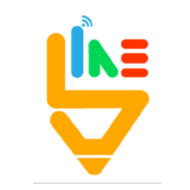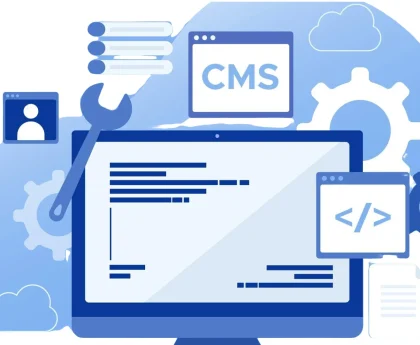In the ever-evolving landscape of the digital world, Content Management Systems (CMS) serve as the backbone for countless websites, offering unparalleled flexibility and ease of use. However, with this convenience comes a host of security concerns. As cyber threats continue to proliferate, safeguarding your CMS-powered website is paramount to protect your data, reputation, and business continuity.
Understanding the Risks
Before delving into mitigation strategies, it’s crucial to comprehend the threats facing CMS-powered websites. These platforms, including WordPress, Joomla, and Drupal, are prime targets for cybercriminals due to their widespread usage. Common risks include:
- Vulnerabilities in Core Software: Outdated CMS versions often contain security vulnerabilities, making them easy targets for exploitation.
- Insecure Plugins and Themes: Third-party plugins and themes, while enhancing functionality, can introduce vulnerabilities if not regularly updated or sourced from reputable developers.
- Brute Force Attacks: Hackers may attempt to gain unauthorized access to your website by systematically guessing usernames and passwords.
- SQL Injection and Cross-Site Scripting (XSS): These techniques exploit vulnerabilities in web applications to manipulate databases or execute malicious scripts.
- DDoS Attacks: Distributed Denial of Service attacks can overwhelm your website with traffic, rendering it inaccessible to legitimate users.
Proactive Security Measures
Mitigating these risks requires a multi-faceted approach encompassing both preventive and responsive measures. Here’s how you can keep your CMS-powered website safe:
- Regular Updates: Stay abreast of CMS updates, as they often contain patches for known vulnerabilities. Additionally, promptly update plugins, themes, and other third-party components.
- Strong Authentication: Enforce complex passwords and consider implementing two-factor authentication (2FA) to add an extra layer of security.
- Secure Hosting: Choose a reputable hosting provider that prioritizes security and offers features such as firewalls, malware scanning, and regular backups.
- Plugin Vigilance: Limit the number of plugins and themes installed on your website to minimize potential vulnerabilities. Regularly audit and remove unused or outdated extensions.
- HTTPS Encryption: Secure communication between your website and its visitors by implementing SSL/TLS encryption, safeguarding sensitive data transmitted over the network.
- Web Application Firewall (WAF): Deploy a WAF to filter and monitor HTTP traffic, shielding your website from common attacks such as SQL injection and XSS.
- User Permissions: Restrict user privileges to only those necessary for their respective roles, reducing the risk of unauthorized access or accidental data manipulation.
- Monitoring and Incident Response: Implement robust monitoring tools to detect suspicious activities or anomalies. Have a well-defined incident response plan in place to swiftly address security incidents if they occur.
Conclusion
In the digital age, the security of your CMS-powered website is non-negotiable. By proactively implementing the aforementioned measures, you can significantly mitigate the risks posed by cyber threats, safeguarding your data, reputation, and business continuity.
At 5ine, we understand the critical importance of website security in today’s interconnected world. As a leading provider of CMS website development services in Bangalore, we specialize in creating secure, high-performance websites tailored to your unique requirements. Contact us today to fortify your online presence and protect your digital assets. Your website’s security is our top priority.





